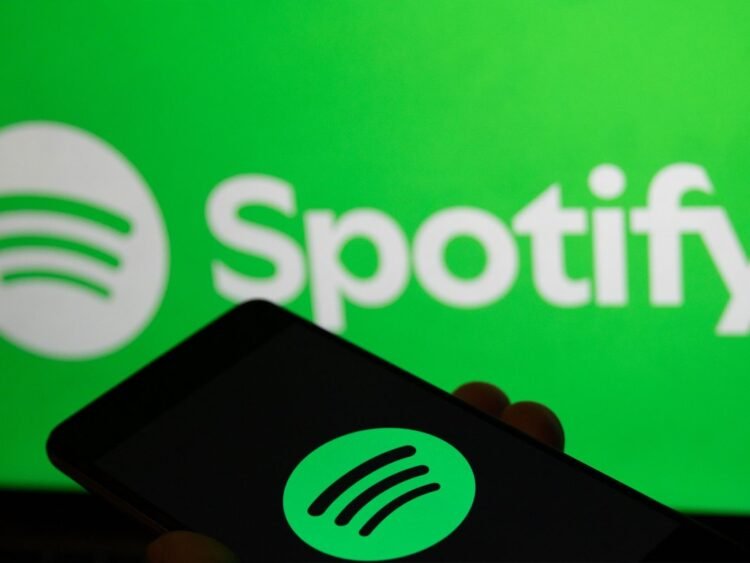In a new report published by Spotify’s VP and Head of Music, David Kaefer, he says the streaming giant paid out $10 billion to the music industry in 2024, and has paid out nearly $60 billion since its inception.
In the blog post – titled On Our $10 Billion Milestone and a Decade of Getting the World to Value Music – Kaefer says “the system we built together is working, and where we are now is only the beginning”.
“There’s a vibrant marketplace of streaming services for different types of consumers, each doing its part to normalize the behavior of paying for music streaming,” he writes.
“It’s been a collective effort. But there are a few things specific to Spotify that make it not only the most popular subscription streaming service but also the highest paying.”
Kaefer notes that the company’s blueprint – which he says is “working” – revolves around three key principles: retention via “personalisation, curation and product innovation”; the existence of an ad-supported free tier to lure in potential paying customers; and the availability of Spotify in many markets at local price points.
“Today, we’re seeing tremendous growth across markets like India, Brazil, Mexico and Nigeria. These are places where our investments are paying off,” he says.
The post also notes that ten years ago in 2014, around 10,000 artists generated at least $10,000 on Spotify, while as of 2024, “well over” 10,000 artists generate over $100,000 per year on the platform.
“I recently read a data point from economist Will Page that said more music is released in a single day than there was in the entirety of 1989,” Kaefer writes. “In the pre-streaming era, you were either in the club or not. If you didn’t have a label deal or the means to distribute your music worldwide, you weren’t one of the few thousand artists on shelves at a record store or one of the 40 in rotation on a radio station.”
While the $10 billion figure may sound impressive – and the increase in top artists earning more on the platform looks promising – many continue to note how Spotify and other streaming services have damaged artists’ ability to monetise and earn fair compensation for their music, which fundamentally drives these platforms’ revenues.
Icelandic artist Björk, for example, recently called Spotify “the worst thing that has happened to musicians”, saying that dwindling payouts are increasing the demand for artists to embark on gruelling tours to make ends meet. “Streaming culture has changed an entire society and an entire generation of artists,” she said.
Elsewhere, Anthrax drummer Charlie Benante said last year that “Spotify is where music goes to die”, adding: “You’d probably make more money selling lemonade on the corner.”
Spotify CEO Daniel Ek also drew the ire of the music creator community last year when he compared low royalty payouts to professional sports, saying: “Football is played by millions of people – but there’s a very small number that can live off playing full time”.
Read David Kaefer’s full blog post via the Spotify Newsroom.






